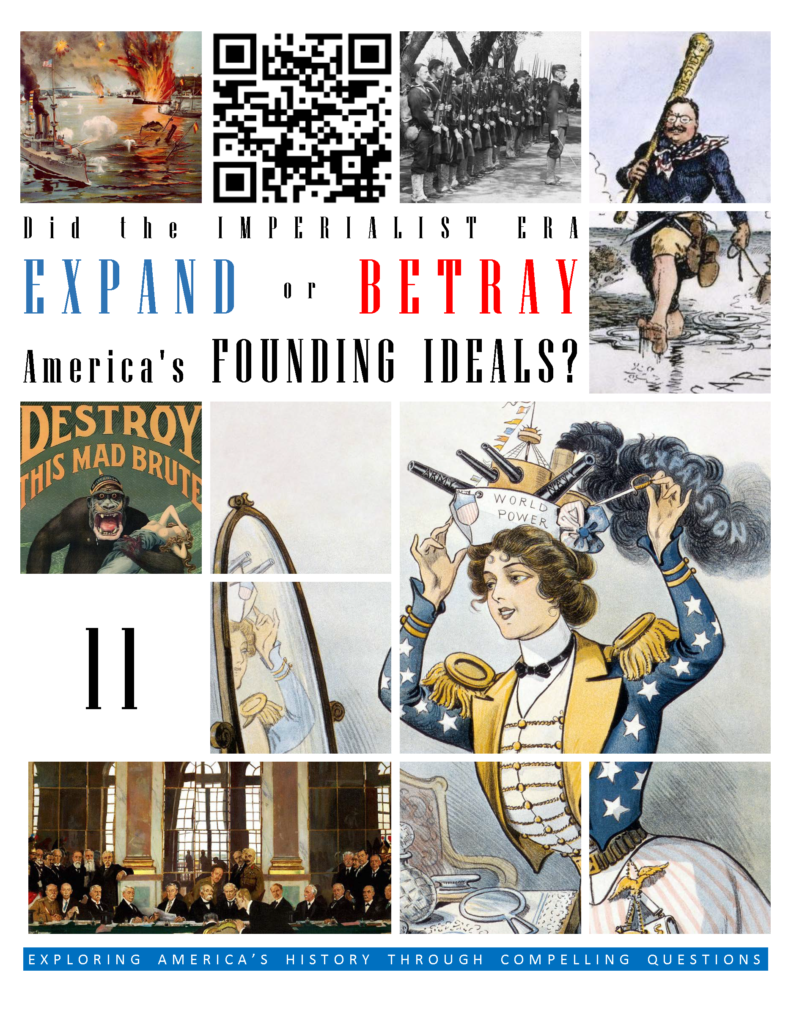
PRINT VERSION
“We hold these truths to be self-evident, that all men are created equal, that they are endowed by their Creator with certain unalienable Rights, that among these are Life, Liberty and the pursuit of Happiness.”
This is what Thomas Jefferson eloquently wrote in the Declaration of Independence in 1776, and the idea that all Americans should be granted an equal chance to pursue their own dreams has been something we have shared ever since. Millions of immigrants came to America because they knew that in the United States, they were guaranteed an equal chance.
But not all people who lived under the American flag were equal. In Puerto Rico, Guam, the Philippines, Samoa, Panama, Hawaii, Alaska and from time to time in China, Cuba, Mexico, the Dominican Republic, Haiti, Guatemala, Honduras, Columbia and many other places, people were subject to the authority of the United States government, but enjoyed none of the freedoms guaranteed to citizens of the 50 states. It is true that Alaska and Hawaii eventually gained statehood, and the Philippines gained independence. It is also true that Americans brought advances and improvements to many of the places they went. They built roads, schools, hospitals and government institutions. But at a cost, both in lives and lost respect.
When it came time to make a key decision about America’s place in the global community, American leaders chose to stay home. Wilson’s vision of the United States leading the world toward a brighter future built on the Founders’ dreams never came to pass. Was this a prudent choice, or a lost opportunity?
What do you think? Did America’s Imperialist Era expand or betray its founding ideals?
CONTINUE READING